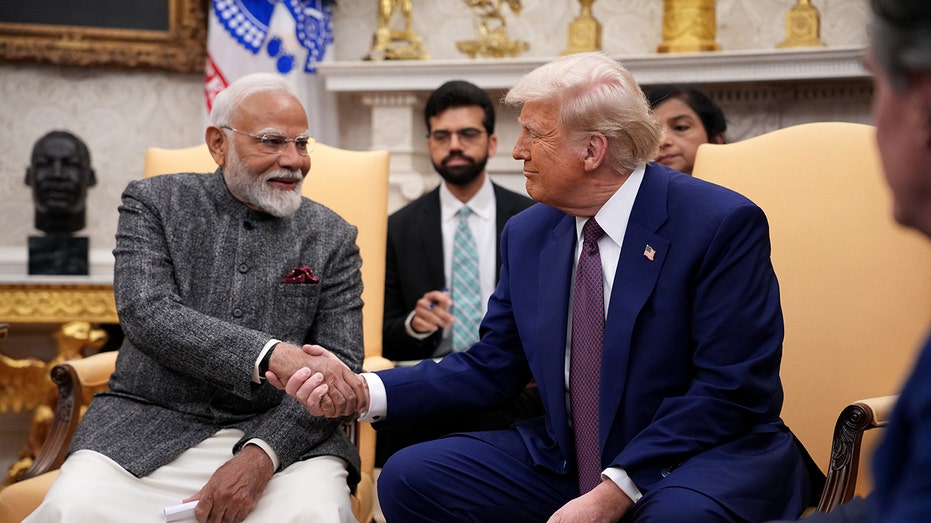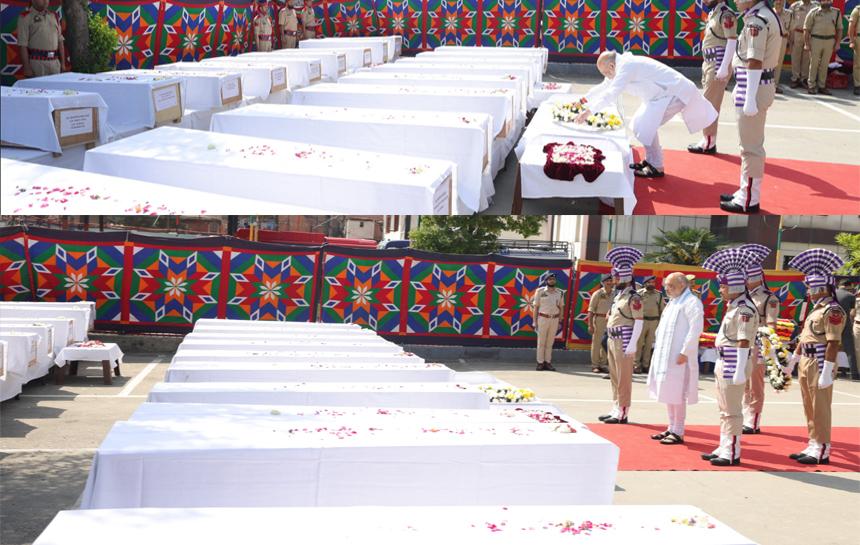Katchatheevu, once dismissed by Indira Gandhi as a “sheer rock with no strategic significance,” has now become a hotspot of unrest in Palk Bay. This serves as a striking example of how a place initially deemed strategically unimportant can later transform into a contentious issue, straining the ties between two countries.
The use of force against Indian fishermen by the Sri Lankan Navy in Palk Bay, Park Strait, and the Gulf of Mannar is not a new phenomenon in the island nation. During the Mahinda Rajapaksa era, numerous Indian (Tamil) fishermen were killed in shootings by the Sri Lankan Navy. After a long gap, a similar episode has occurred under the National People’s Power government (NPP), invigorating memories of past tensions.
On the 28th, five Indian fishermen were injured, two of them sustaining serious injuries, due to gunfire from the Sri Lankan Navy while fishing near Delft Island in the Palk Strait. India lodged a strong protest with its Sri Lankan counterpart in New Delhi, emphasising the “need to treat issues pertaining to fishermen in a humane and humanitarian manner, keeping in mind livelihood concerns. The use of force is not acceptable under any circumstances whatsoever. Existing understandings between the two governments in this regard must be strictly observed.”
However, the Commander of the Sri Lanka Navy (SLN), Vice Admiral Kanchana Banagoda, stated yesterday (29) that according to initial investigations, the two Indian fishermen who were injured during a boarding operation of an Indian fishing boat poaching off Kankesanthurai (KKS) in Sri Lankan waters. Following this, Defence Secretary Air Vice Marshal (Retd.) Sampath Thuyacontha emphasised that Sri Lanka will continue to inspect vessels entering its waters, regardless of their country of origin, in accordance with legal protocols to prevent illegal activities.
No one truly knows what happened at sea, as each side attempts to justify its own actions. However, beyond these justifications, the NPP government must treat this as a humanitarian issue and focus on finding an amicable solution to this long-standing problem to prevent further escalation.
While this issue is fundamentally tied to India-Sri Lanka relations, successive governments have consistently framed the fishermen’s dispute as a matter limited to Sri Lanka’s Northern Province. This trend became particularly evident after Gotabaya Rajapaksa appointed Douglas Devananda, a northern-centric Tamil politician, as the Minister of Fisheries. As a Jaffna-based Member of Parliament, Devananda’s approach primarily focused on appeasing the coastal community of the Northern Province. Notably, Gotabaya’s tenure marked the appointment of the Tamil minister of fisheries since 1952.
The NPP government’s approach appears to mirror the strategy that persisted under Gotabaya’s administration. The incumbent NPP Minister of Fisheries, Ramalingam Chandrasekaran, is similarly attempting to address this issue by prioritising the concerns of northern fishermen. On the other hand, fishermen’s societies in the Northern Province frequently assert that India bears sole responsibility for resolving this conflict. This raises the question of whether the issue is being deliberately amplified to foster anti-Indian sentiment among Tamils in the Northern Province.
It was against this backdrop that the Embassy of the People’s Republic of China in Sri Lanka engaged with the Fisherfolk Communities in Northern Sri Lanka. During Fisheries Minister Douglas Devananda’s visit to China—which coincided with the tenth anniversary of the Belt and Road Initiative (BRI)—China pledged Rs. 1.5 billion (Sri Lankan rupees) to bolster the fisheries sector in the Northern and Eastern Provinces.
After the joint statement was released at the conclusion of President Dissanayake’s visit to New Delhi, former Fisheries Minister Douglas Devananda became the first Sri Lankan politician to criticize the emphasis on a ‘humanitarian approach’ to resolving the issue. Given this context, the fishermen’s dispute in Palk Bay no longer revolves solely around livelihoods; China’s strategic engagement has injected a geopolitical air into the matter.
Although various proposals have been put forward under different circumstances to resolve the Sri Lanka-India fishermen dispute, all efforts have fallen short of delivering a permanent solution. Historical experience suggests that a lasting resolution remains elusive.
In March 2024, the Centre for Strategic Studies-Trincomalee (CSST) proposed establishing an Indo-Lanka Naval Task Force in Palk Bay, recommending that Katchatheevu be considered a joint station for these naval operations between the two countries. This will prevent arbitrary arrests by the SLN and deter Indian fishermen when they try to cross the maritime boundary. This is the only way to prevent tension from escalating further. The CSST stressed that such a collaborative framework is essential to de-escalate tensions and prevent further conflict.
“In re-examining the situation, the NPP government should seriously consider the idea of leasing Katchatheevu to India. If China can lease Hambantota International Port for 99 years, there should be no problem extending a similar arrangement for Katchatheevu.”
Fishermen around the world often trespass maritime boundaries—it is a common occurrence, as they naturally follow ‘wherever the fish moves.’. However, when such disputes begin to disrupt bilateral ties between tow countries, a more strategic and humanitarian approach is required. During his March 2015 visit to Sri Lanka, Indian Prime Minister Modi labelled the dispute a “livelihood and humanitarian concern” requiring a long-term solution. This was also reaffirmed in the recent joint statement by both leaders, President Dissanayake and Prime Minister Modi “agreed on the need to continue to address these in a humanitarian manner.
Amid the growing geopolitical competition between India and China in the Indian Ocean, it is crucial for both governments to adopt the above recommendations. As a small country pursuing a delicate balancing act in foreign policy, Sri Lanka should collaborate closely with New Delhi to transform this strategically vital region of the Indian Ocean into a zone of cooperation rather than conflict.




